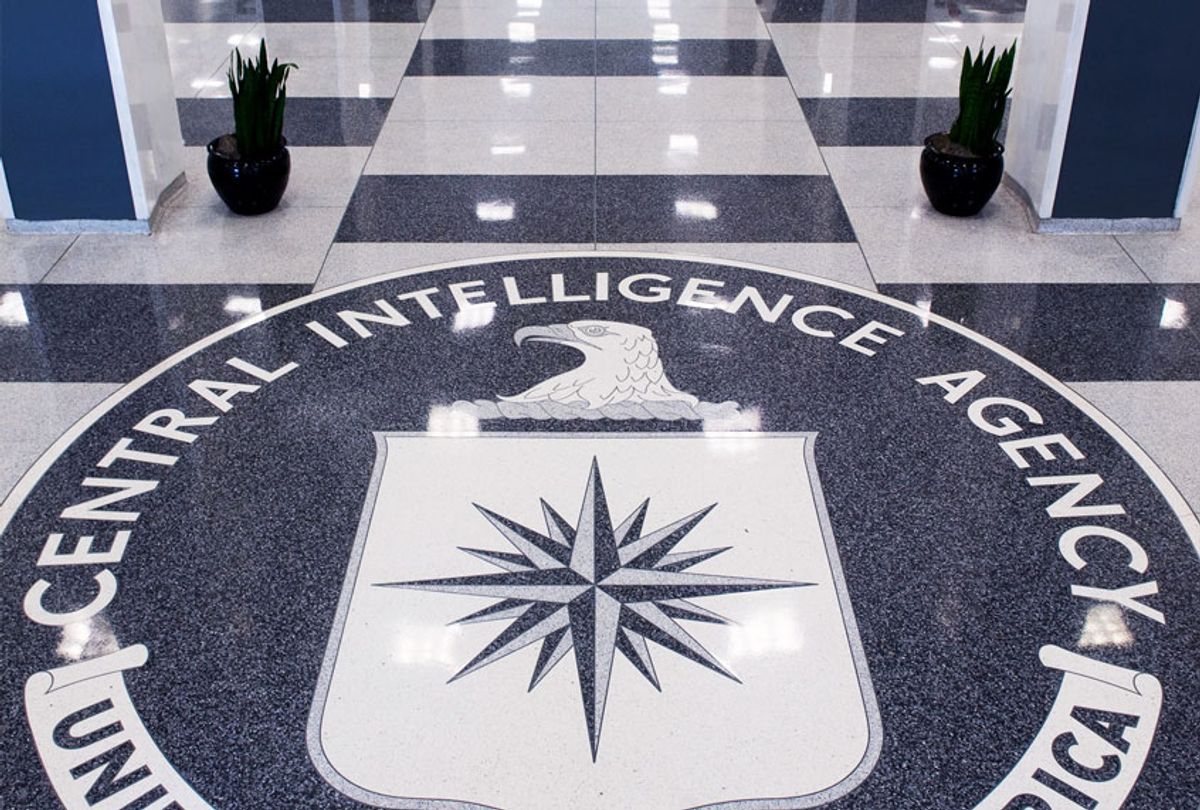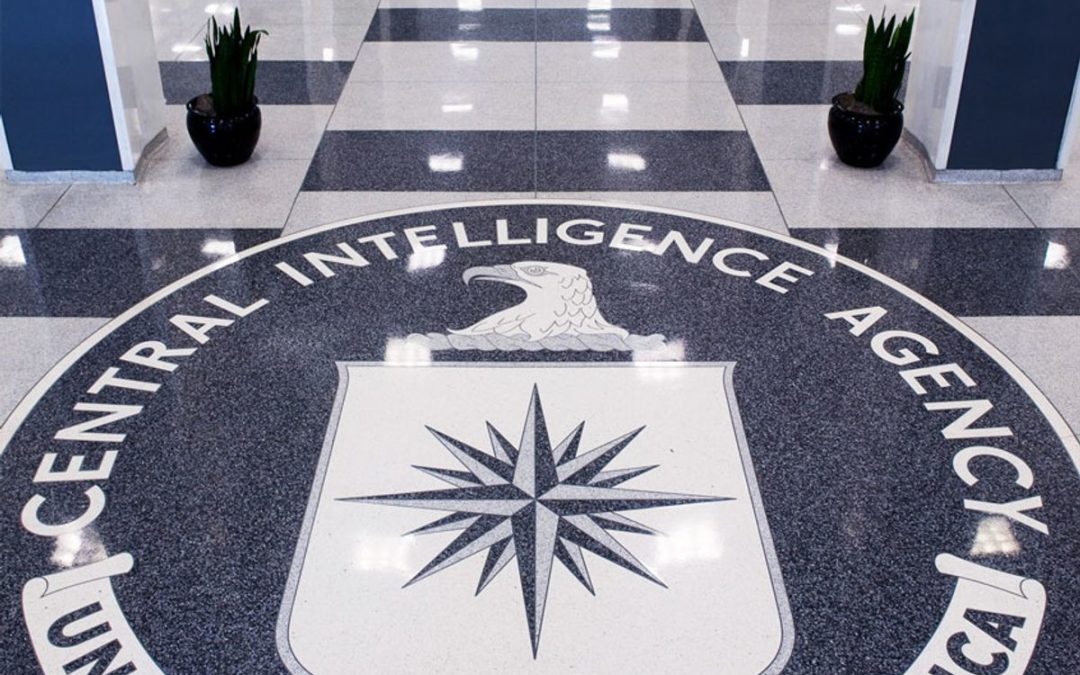
U.S. Intelligence vs. China, Russia, Terrorists, Cyber Threats & More
About the Event:
20 years ago the 9/11 attacks were instrumental in reshaping the priorities, methods, budgets and coordination within the U.S. intelligence community. Both counterterrorism and the broader Middle East dramatically grew in importance for the nation’s intelligence agencies and foreign policy.
In the past two decades, the intelligence community played a major role in preventing another massive terrorist attack on the U.S. But those successes also came a with: large numbers of Americans agents being killed in the line of duty; billions of dollars being spent; and new organizational structures and frameworks being created.
Besides the ongoing threats from groups like Al Qaeda and ISIS-K in Afghanistan, U.S. intelligence is arguably now facing the most diverse array of challenges in its history from a resurgent Russia to the vast global influence of China to assessing the nuclear capabilities of North Korea and Iran to the ever-evolving threats of cyberattacks.
Join our discussion with Stephen Slick who served for 28 years in the CIA’s clandestine service and at the highest levels of U.S. intelligence. He will address the outlook for U.S. intelligence and issues such as: how difficult will it be to continue to prevent another 9/11 scale attack on the U.S., or avoid inaccuracies in future intelligence assessments, as with Iraq and weapons of mass destruction.
About the speaker: Stephen Slick – Fmr. Director for Intelligence Programs for the NSC, Special Assistant to the President & CIA Operations Officer
Stephen B. Slick served for 28 years in the CIA’s clandestine service, including five assignments abroad. He served as a Special Assistant to the President and the Senior Director for Intelligence Programs and Reform for the National Security Council. While serving at the White House, Slack participated in efforts to restructure and reform the intelligence community informed by recommendations of the commissions charged with investigating the 9/11 attacks and the flawed pre-war analysis of Iraq’s unconventional weapons programs. These efforts included: a series of executive orders on U.S. intelligence; key provisions in the Intelligence Reform and Terrorism Prevention Act; and the administration’s responses to recommendations by the ‘WMD Commission’.
Slack completed five overseas tours as a CIA operations officer and manager, including service as the Chief of Station and Director of National Intelligence’s representative in a Middle Eastern capital. His assignments at CIA Headquarters included service as an Executive Assistant to the Deputy Director of Central Intelligence and leading CIA’s operations in the Balkans. Slack received the CIA’s Medal of Merit, Commendation Medal and other awards.


